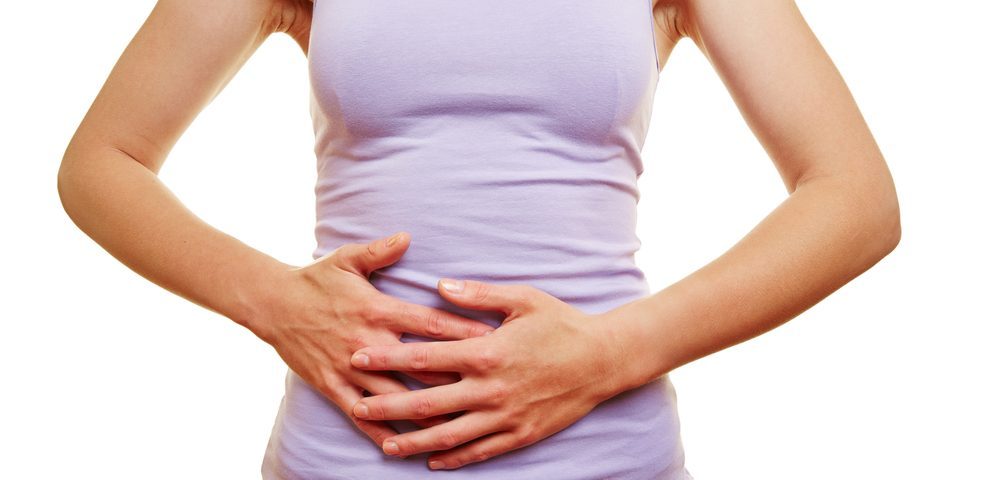You’ve got to give it to endometriosis — it’s doing a good job of breaking boundaries. Putting all the female taboos together in one nicely packaged disease: women’s periods, women’s bowel health, women with big bloated stomachs, depression, and “crazy” hormones. It’s no wonder, then, that the often male-dominated medical industry hasn’t wanted to address the subject for centuries.
So, today, I want to talk about one of the last endometriosis taboos — constipation.
Firstly, I’m lucky that this hasn’t really been a symptom I’ve dealt with often over the years. But I know it’s something that many with endometriosis do have to live with on a daily basis. I haven’t encountered this problem frequently, so I can’t talk about it as much from experience, so, as always, if you feel like you need more professional help, please seek out a specialist in this area.
Diet
I once sought the support of a nutritionist to help me with my endo health, and she emphasized over and over how important bowel movements are. They help with the passing of a build-up of old estrogen and xenoestrogens through your body. We know that endometriosis thrives off estrogen, so it’s important to support the body in expelling any old hormones and toxins.
Once I started the endo diet, I noticed that treating myself to some gluten disrupted my routine for a day or two. Gluten has been linked to constipation in the past, but there’s now a lot of confusion around the subject. So, while I’m not going to tell you that gluten is your problem, I will just say that it causes issues for me. I’ve also found the endo diet has helped my body reduce many IBS symptoms, and that it supports healthy, regular patterns.
As I’ve mentioned in previous columns, keeping a food diary and tracking your symptoms can be really helpful in understanding your body and the way it responds to certain foods.
Chia seeds
Who knew those tiny little seeds could be so powerful (and so confusing)?
The jury is out on chia seeds. If you’ve never tried chia seeds: When soaked in liquid, they form a gel-like substance around their shell, which helps them slide through the gut to easily create bowel movement. They’re also a good source of dietary fiber, which supports bowel movements, especially in sensitive stomachs.
Now, the reason I said chia is “confusing,” is because some people also report the seeds can cause constipation, which may be because they absorb water. I’ve included chia seeds because whenever I’ve eaten them, they’ve gotten my digestive tract moving — I’ve never found them to do the opposite. They’re also great in the endo diet, as they make a good egg replacement and can be used in dairy-free yogurts to create a filling pudding.
I also want to briefly mention flaxseed here. I didn’t want to give flax its own section, because it’s said to mimic estrogen, which might be problematic for endometriosis. However, it has been shown to help constipation. Before I knew that flax could negatively affect endometriosis, I was having it every day in my smoothies, and had to stop, as it sped up my digestion a bit too quickly! While I personally wouldn’t have flax on a regular basis, it could be helpful on the odd occasion — though I would talk to a nutritionist if you were concerned about any hormone disruption.
Fruits and vegetables
It’s amazing how easy it is to skip fruits and vegetables if you’re into meat and carbohydrates. But fruits and vegetables are one of the best ways to get enough fiber in your system. If they’re not really your thing, just try introducing the ones that could help relieve constipation the most. Believe it or not, berries are a great source of fiber, including strawberries, blackberries, and raspberries. Throwing a few on your breakfast cereal could make all the difference. Broccoli also is a high source of fiber, and you can easily add it to salads or main dinners.
While I would, of course, love to encourage you to eat more fruits and vegetables, lentils, beans, and nuts are also helpful with constipation due to their fiber content. If you really struggle with vegetables, upping these food types would help you.
Supplements, herbs, and natural remedies
Other options to try are foods and supplements. Aloe vera juice (check that it’s pure and not laden with sugar), slippery elm supplements, and Epsom salts (with medical consultation) can all support the gut in getting moving again. Even drinking more water or having a few herbal teas throughout the day can help you feel more comfortable again.
***
Note: Endometriosis News is strictly a news and information website about the disease. It does not provide medical advice, diagnosis, or treatment. This content is not intended to be a substitute for professional medical advice, diagnosis, or treatment. Always seek the advice of your physician or other qualified health provider with any questions you may have regarding a medical condition. Never disregard professional medical advice or delay in seeking it because of something you have read on this website. The opinions expressed in this column are not those of Endometriosis News or its parent company, BioNews Services, and are intended to spark discussion about issues pertaining to endometriosis.


